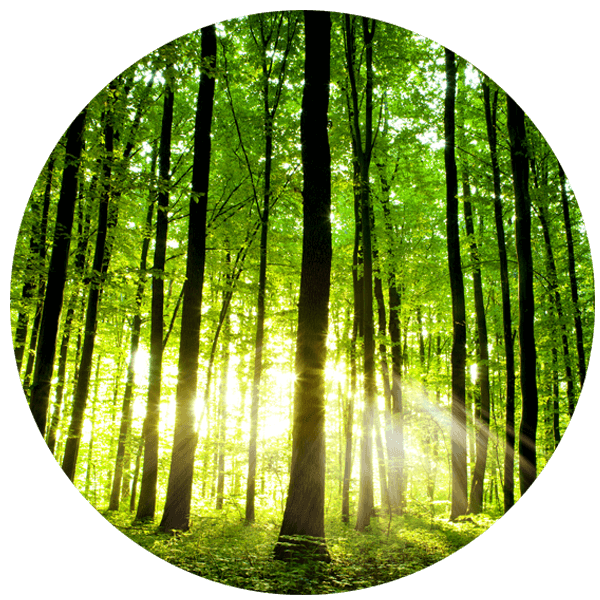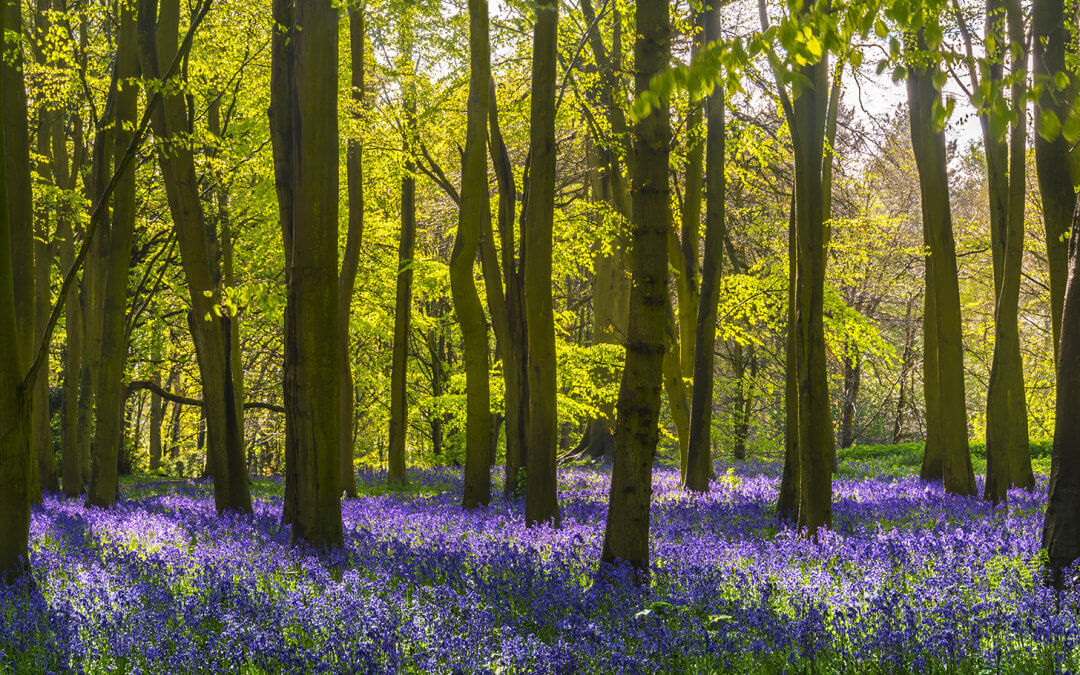
by Evan Dwan | Aug 2, 2022 | News |
Given the traumatic nature of human history, how have we managed to survive and thrive? The answer lies in attachment – connection to each other and the social group from cradle to grave (Bloom, 2013). Perry (2013) argues that our ancestors developed rhythmic...

by Evan Dwan | Aug 2, 2022 | News |
Trauma is pervasive throughout the world and has negative impact on individuals, communities and society (Magrueder et al, 2016). Post-traumatic stress disorder is a social disease that ripples down through generations (Bloom, 2013). The realisation that humans tend...

by Evan Dwan | Jul 20, 2022 | News |
In the Efé tribe in Zambia, babies are born into an ‘intensely social’ world that is comprised of co-operative relationships (Morelli et al., 2014). Efé infants experience rapid change in partners as they enter relationship with kin and others. Efé babies seemed to...

by Evan Dwan | Jul 19, 2022 | News |
There is cross species evidence for multigenerational continuity of patterns of maternal care (Champagne, 2014). In humans, attachment styles are consistent across generations and evidence suggests that cycles of abuse in humans and monkeys is perpetrated by the...

by Evan Dwan | Jul 19, 2022 | News |
“Why do infants, indeed all people, so strongly seek states of connectedness, and why does the failure to achieve connectedness wreak such damage on their mental and physical health?” asks Tronick (2007, p.488). Connection is the formation of dyadic states of...

by Evan Dwan | Jul 19, 2022 | News |
How do infants learn to regulate and build resilience? What kinds of attachment experiences do babies need to develop optimally? Babies are subject to feelings of distress that they are ‘utterly unequipped’ to manage alone (Wallin, 2007). Parents who can offer...







